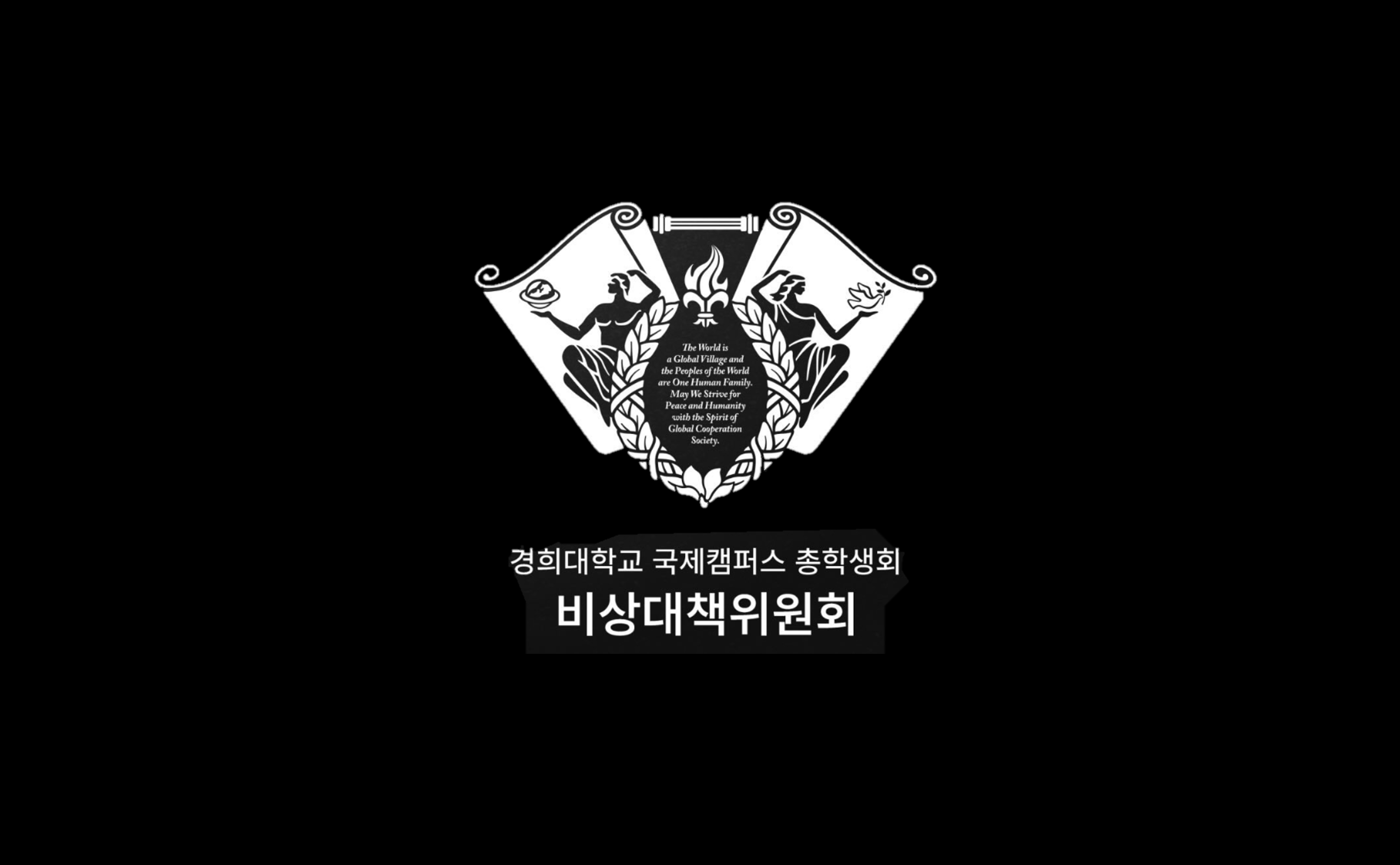[Feature] Seoul’s Transit Fare Hike: Unpacking the Deficit Dilemma
On July 12, the Seoul Metropolitan Government’s (SMG) proposal for public transportation fare adjustment was approved by the price level provision committee. This followed a public hearing in February and a hearing for opinions by the Seoul City Council in March. Consequently, from August 12, bus fares in Seoul rose by 300 won, and from October 7, subway fares by 150 won, with plans for a further 150 won hike in the second half of the next year. The increases are attributed to the significant financial deficits faced by the operating agency.
Background of Deficits of Public Transportation Operating Agency
The 2021 data from Seoul City revealed that for each passenger journey, the subway and the bus services respectively incurred average deficits of 755 won and 658 won. Further to this, Seoul Metro reported a 2022 net loss of 642 billion won, contributing to a cumulative deficit of 17.68 trillion won. The primary causes cited by the SMG include escalating operating costs and the increase in legally mandated free rides. In the Metropolitan area, individuals over 65, the disabled, and people of merit are entitled to a preferential transport card, exempting them from public transport fees.
Operational costs for Seoul Metro have steadily risen due to increased labor costs and inflation. As reported by the Rail Economy News, these costs have been growing at an annual average rate of 2.3%, totaling nearly 2.6 trillion won in 2021. The deficit attributed to free rides for seniors is also climbing, as the aging population is growing. Recent figures from Seoul Metro indicate that the loss from free rides over the past five years averages 269.7 billion won, representing 41.5% of the net loss. The deficit situation has exacerbated since 2020, with COVID-19 leading to additional transportation costs and fare revenue loss.
The Need to Raise Public Transportation Fares
Doctor Kim Tae-gyun, head of the group at Studio Galilei Co., Ltd., a provider of operating fleet management software for the public transportations on demand?stated that the fare increase for the public transport was unavoidable. He attributed the escalation of the deficit beyond normal levels to the financial impact of COVID-19, which, if left unchecked, could hinder essential reinvestment in facilities and maintenance, crucial for ensuring public safety.
Supporting the fare increase, a 2013 study by the Seoul Institute on the public transportation rate adjustment system highlighted that the growing deficits could not be offset by city subsidies alone due to the budgetary constraints. The report warned that ignoring the rising deficits could jeopardize the sustainability of public transportation services.
Seoul Metro has endeavored to mitigate these deficits by reducing its workforce, implementing a wage-freeze policy, and seeking revenue through station naming rights and subway advertising. Yet, the revenue from these initiatives is projected to fall short, with the public bonds issued in a single year surpassing the anticipated earnings from these efforts up to 2026.
Dr. Kim advocates for fare increase as a necessary measure. He believes that in conjunction with Seoul Metro’s cost-reduction strategies, higher fares will significantly alleviate the operating agency’s deficit. According to Seoul Metro’s projections, a fare hike of 150 won could boost their revenue by 35.6 billion won for the remainder of this year and by 164.1 billion won throughout 2024.
Furthermore, the SMG expects that a cumulative fare increase of 300 won will reduce the deficits of both bus and subway agencies by 248.1 billion won and 316.2 billion won, respectively, over the coming three years.
Citizens’ Financial Strain and the Need for Sustainable Solutions
The increase in public transportation fares has heightened the concerns of citizens who rely on these services. Yoo Je-i, a student at Kyung Hee University (KHU)’s School of Management, who uses public transportation on average more than four days a week, experienced a 16.3% increase in his transportation costs in September, amounting to 96,000 won. This increase signifies a considerable rise from the period before the fare hike, leading Yoo to view the new policy as a greater financial burden.
Yoo is not alone in feeling the strain of higher transportation costs. A survey by Incruit, a domestic human resources technology company, revealed that 68.3% of its members find the increased fares burdensome.
Acknowledging the necessity of the fare increase, Dr. Kim contends that compensatory measures such as the expansion of season tickets and various discount policies should be considered to alleviate the burden on regular commuters. The SMG is currently evaluating the implementation of season tickets.
Moreover, Dr. Kim emphasizes that fare hikes are merely a temporary fix and that more sustainable solutions, including legislative changes to free transportation entitlements, should be explored. Seoul Metro has calculated that raising the eligibility age for seniors’ free subway rides to 70 could diminish losses by as much as 152.4 billion won annually. This adjustment can reduce losses, even if the change results in fewer passengers.
Such reforms, however, are anticipated to require time for public consensus and legal amendments.
The Need for National Discussion on Transportation Policy Regarding Fare Increases in Seoul
The repercussions of Seoul’s public transportation fare hikes extended beyond the city’s residents, affecting national fare structures as well. Notably, Incheon and Gyeonggi-do, regions linked by the Seoul metropolitan railway, typically coordinate with the SMG prior to adjusting their transportation fares. Consequently, the entire metropolitan subway fare was raised by 150 won, the fare for red buses between Seoul and Gyeonggi-do increased to 3,000 won, and the bus rapid transit fare climbed to 2,600 won starting from October 7. Additionally, Incheon’s bus fares went up by 250 won, and ferry prices for island residents also saw an increase.
Dr. Kim observed that regions even at a distance from Seoul tend to align their public transportation fares with those of the capital. He voiced concerns, suggesting, “As the SMG has established a suitable fare level, other regions should adjust their fares based on local circumstances to ensure the stable operation of public transport services.”
Professor Joh Chang-hyeon from the Dept. of Geography at KHU emphasized the importance of regional differentiation in policymaking, stating, “The environment varies by region, so policies should reflect these differences.” He advocated for the establishment of a national transportation planning organization to address this need, ensuring that mobility rights and service improvements are balanced with diverse stakeholder interests.
The fare increases in Seoul were deemed necessary to address the operating deficits of public transportation agencies and to maintain essential safety standards for the populace. With public transportation being a primary mode of travel for many, the city should implement measures to avoid imposing undue financial strain on its citizens. Prof. Joh highlighted the city’s responsibility to bridge the gap between the public and the operating agencies by offering clear insights into the financial deficits and future projections. Moreover, he suggests that while short-term revenue-generating actions are helpful, the government must also enact long-term strategies tackling the fundamental causes of the deficits.
There are no registered comments.
- 1
- 2
I agree to the collection of personal information. [view]



